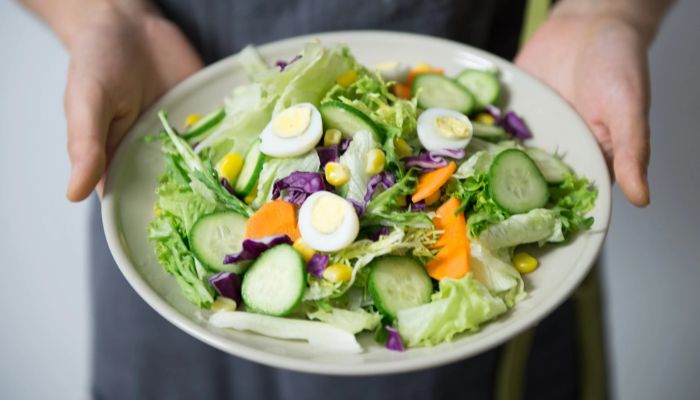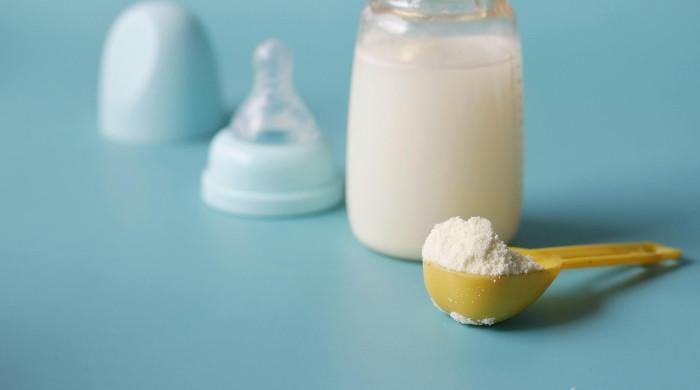Are plant-based diets healthy?
A whole food, plant-based diet, when followed properly, limits consumption of processed foods, added sugars and oils
January 17, 2023

A plant-based diet is where all animal products — including meat, poultry, fish, eggs, dairy and honey — are prohibited. Everything one consumes, including whole grains, legumes, vegetables, fruits, nuts and seeds, is derived from plants, as the name implies.
Are plant-based diets healthy?
According to research, eating a plant-based diet can have a big impact on your health.
A whole food, plant-based diet, when followed properly, limits the consumption of processed foods, added sugars, and oils, leaving solely whole foods as the main source of nutrition. This improves nutrient intake and essentially cuts out foods that might be harmful to health.
These diets are high in fibre, vitamins, minerals, and antioxidants and low in saturated fat and cholesterol.
Some research has shown that the following are the health benefits of a vegan diet.
Prevention of:
- Heart disease.
- Hypertension (high blood pressure).
- Diabetes.
- Digestive disease.
- Colon and breast cancers.
- Obesity.
A plant-based diet can also help you lose weight and lower your LDL cholesterol, experts at Cleveland Clinic said.
Cons of plant-based diet
All animal items, including lean meat and dairy goods like milk, yoghurt, cheese, and ice cream, must be avoided when eating a plant-based diet.
Another thing to keep in mind is that if you don't properly plan your plant-based diet, you can not get enough protein, vitamins, and minerals. If you start to have nutritional deficiencies, you won't feel or look your best. But you can ensure that you're getting the nutrients you need from other sources.
A study published in the medical journal The BMJ suggests that plant-based diets may have unknown health risks despite the health benefits previously shown by research. Studies have shown that vegetarians and vegans may have an increased risk of stroke. Vegan diets have also been linked to depression.
A UK study found that vegetarian women were more likely to suffer from hip fractures at an older age than those who ate meat.
How to manage nutrients in plant-based diet?
Make sure your diet has enough protein to preserve your muscular mass, strong bones, and glowing skin. Protein-rich foods include the following:
- Beans, lentils and split peas.
- Quinoa.
- Soy products tofu and soy milk.
- Nuts and seeds.
To keep your strong bones, you will need to consume enough calcium and vitamin D in your diet.
Consider drinking a milk substitute like soy, almond, rice, or hemp milk, which has calcium as well as the vitamin D needed to absorb it. Consume lots of calcium-rich beans and lush green greens. Don't forget to take mushrooms and vitamin D-fortified cereals. You'll need to take a vitamin D supplement as well. Another source of vitamin D is sunlight.
You also need enough iron to sustain energy and immunity, enough zinc to support a strong immune system, and enough vitamin B12 to form red blood cells and avoid anaemia.











